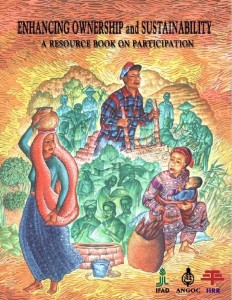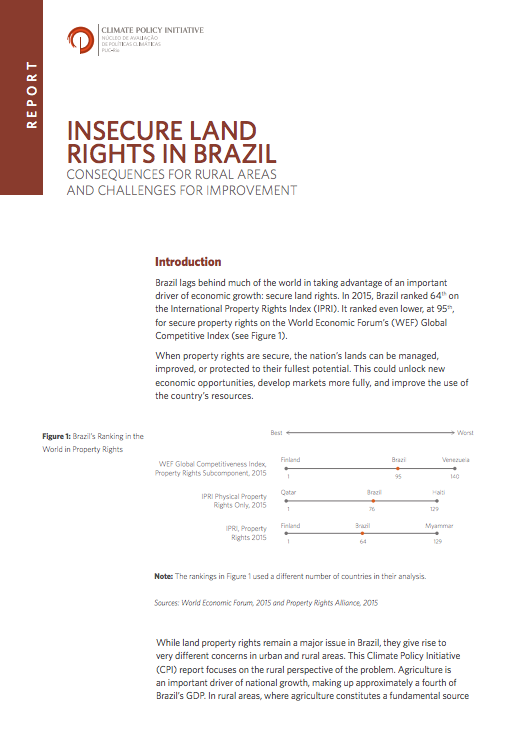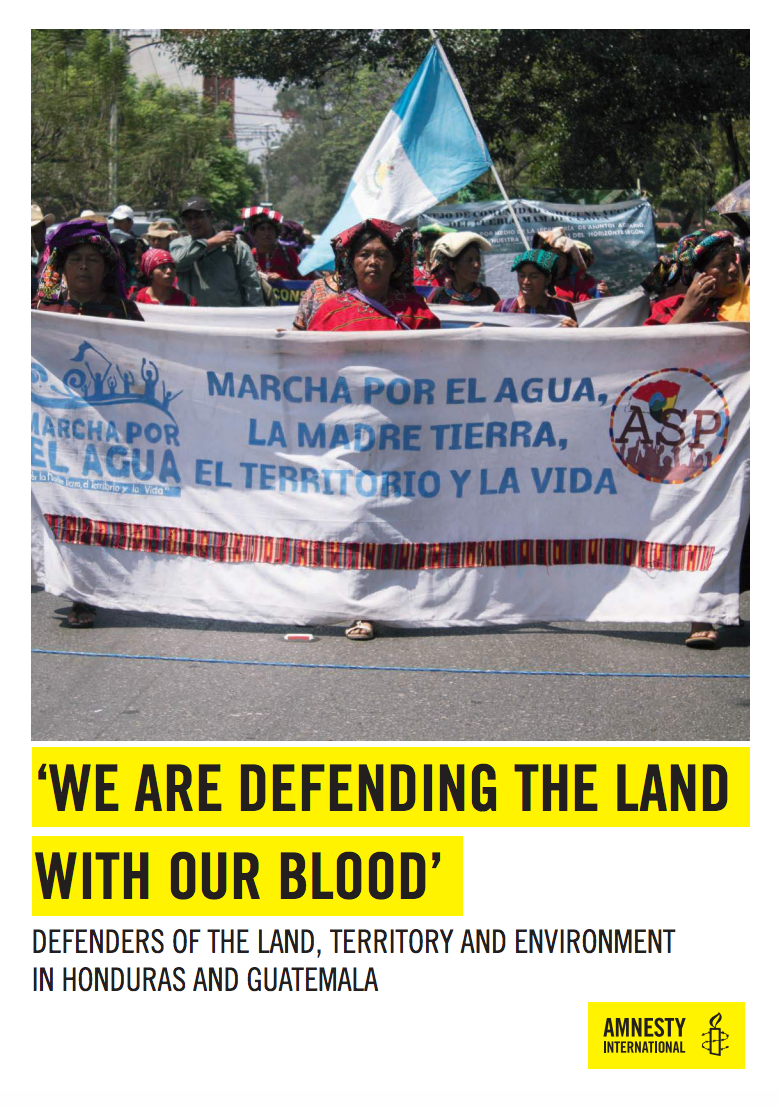Enhancing Ownership and Sustainability: A Resource Book on Participation
The publication focuses on participatory processes and their management, and presents a broad range of concrete experience with different tools. It is assumed that the reader is already familiar with the use of tools like PRA/PLA/PME and is now interested in second generation issues related to project design, training and measurement of impact associated with the use of participatory processes. Each article reflects a specific experience. As such, it has its own validity.




